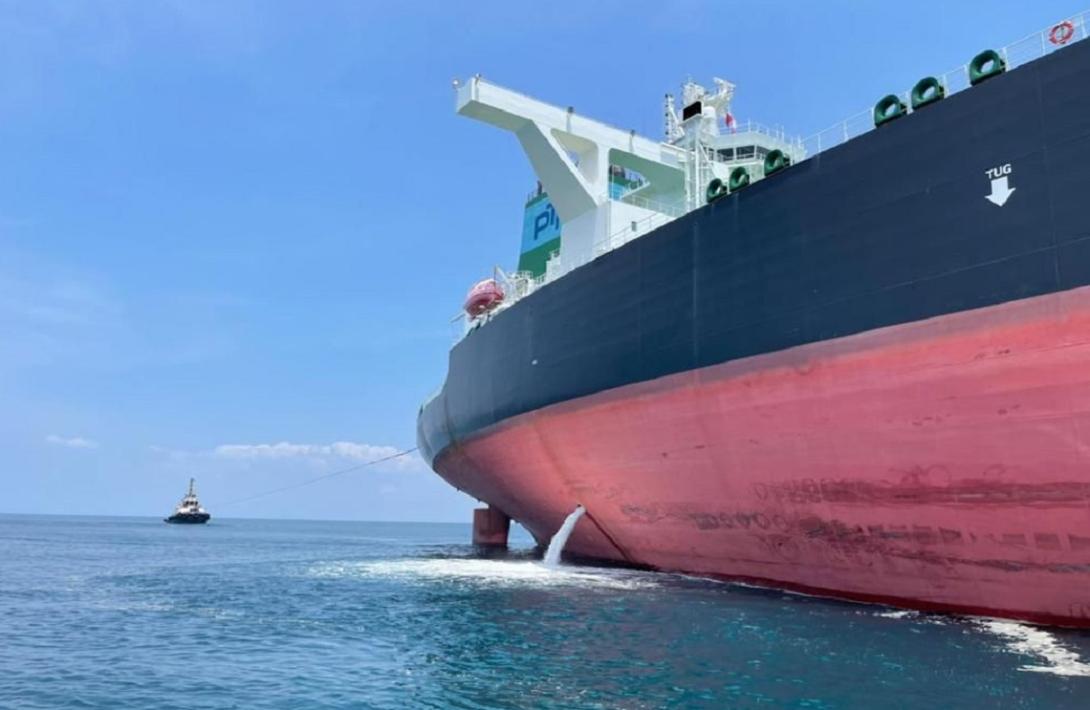The General Maritime Directorate (Dimar), through the Pacific Oceanographic and Hydrographic Research Center (CCCP), continues to work to prevent biological pollution transferred by international maritime traffic through ballast water.
For this reason, methodologies are implemented to detect microorganisms that may harm public health and the hydrobiological resources of the country's coasts. So far, samples have been taken from two international traffic ships that arrived at the port of Tumaco, which have ballast water treatment systems approved by the International Maritime Organization (IMO).
It should in the same way be noted that these operations are part of the International Convention for the Management and Control of Ballast Water and Sediments, such as the review of the biological, microbiological component and the water discharged at each Colombian port in order to verify that it is free of microorganisms causing cholera.
These activities led the Colombian Maritime Authority to be prepared to respond to the requirements of the Port Authorities to comply with the surveillance of biological pollution transferred by international maritime traffic. In the same way, the authority ratifies its commitment to the care and protection of coastal marine spaces and the animals of the regions of the country.
Source: Press - Navy of Colombia





